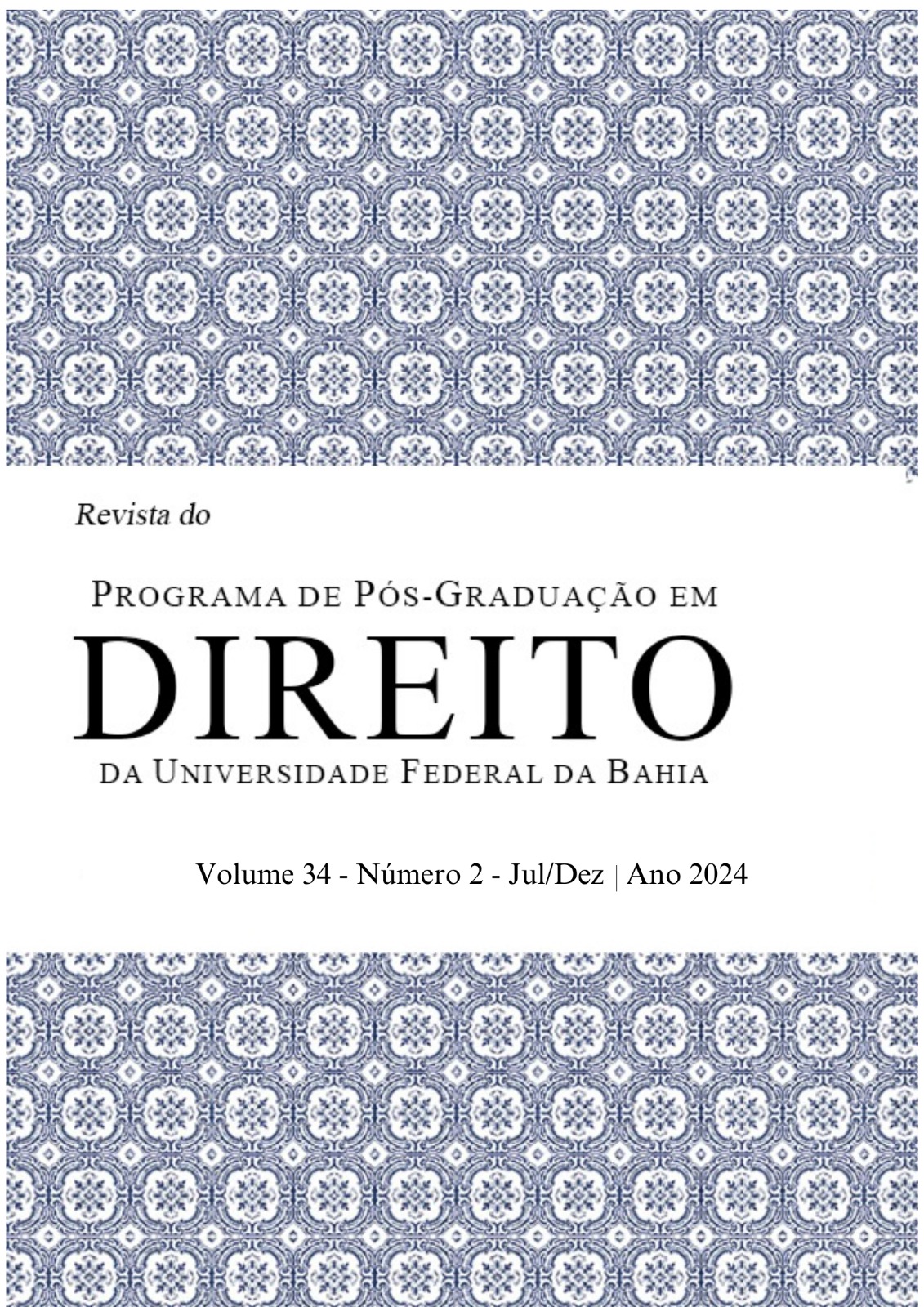A MEDIAÇÃO SANITÁRIA COMO FERRAMENTA DE PROTEÇÃO À SAÚDE DAS MULHERES TRABALHADORAS: ASSÉDIO MORAL E DIREITOS HUMANOS NO TRABALHO
DOI:
https://doi.org/10.9771/rppgd.v34i0.63958Keywords:
Human Right to Health; Women Rights; Labor Health Mediation; Women Workers.Abstract
This article analyzes the limits and possibilities of implementing health mediation in the workplace as a mechanism for promoting the right to health of working women and preventing moral harassment. The general objective is to investigate the relationship between the right to health, the right to work and women's rights, highlighting labor health mediation as an instrument for implementing the human right to health from a gender perspective. The specific objectives are: 1) recognize women's human rights in work relationships based on feminist theory and gender studies; 2) discuss moral harassment in the workplace and its repercussions on the right to health; 3) identify the feasibility of health mediation at work, supported by the theory of conflict mediation. For this, the hypothetical-deductive method is used, with bibliographic and documentary analysis. The theoretical foundation includes the right to health and conflict mediation as tools to guarantee dignity at work. It is questioned whether health mediation can be effective in protecting the health of workers who suffer moral harassment and it is concluded that, to guarantee its effectiveness, awareness-raising, training and qualified ombudsman processes are necessary to assist victims and aggressors.
Downloads
Downloads
Published
How to Cite
Issue
Section
License
Copyright (c) 2024 Revista do Programa de Pós-Graduação em Direito

This work is licensed under a Creative Commons Attribution-NonCommercial-NoDerivatives 4.0 International License.
1. Autores mantém os direitos autorais e concedem à revista o direito de primeira publicação, com o trabalho simultaneamente licenciado sob a Licença Creative Commons Atribuição 4.0 Internacional que permite o compartilhamentodo trabalho com reconhecimento da autoria e publicação inicial nesta revista.
2. Autores têm autorização para assumir contratos adicionais separadamente, para distribuição não-exclusiva da versão do trabalho publicada nesta revista (ex.: publicar em repositório institucional ou como capítulo de livro), com reconhecimento de autoria e publicação inicial nesta revista.
3. Autores têm permissão e são estimulados a publicar e distribuir seu trabalho online (ex.: em repositórios institucionais ou na sua página pessoal) a qualquer ponto antes ou durante o processo editorial, já que isso pode gerar alterações produtivas, bem como aumentar o impacto e a citação do trabalho publicado

